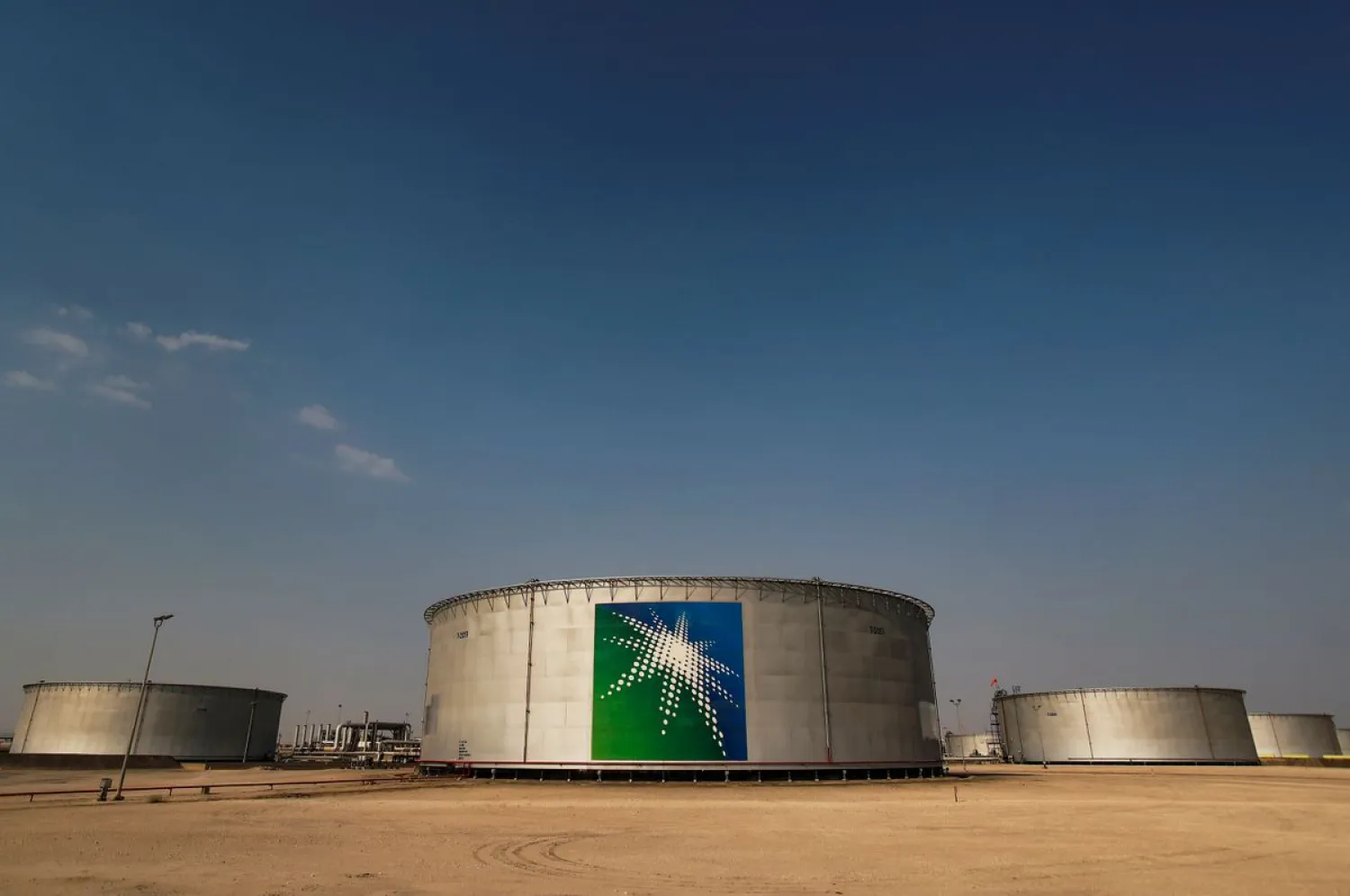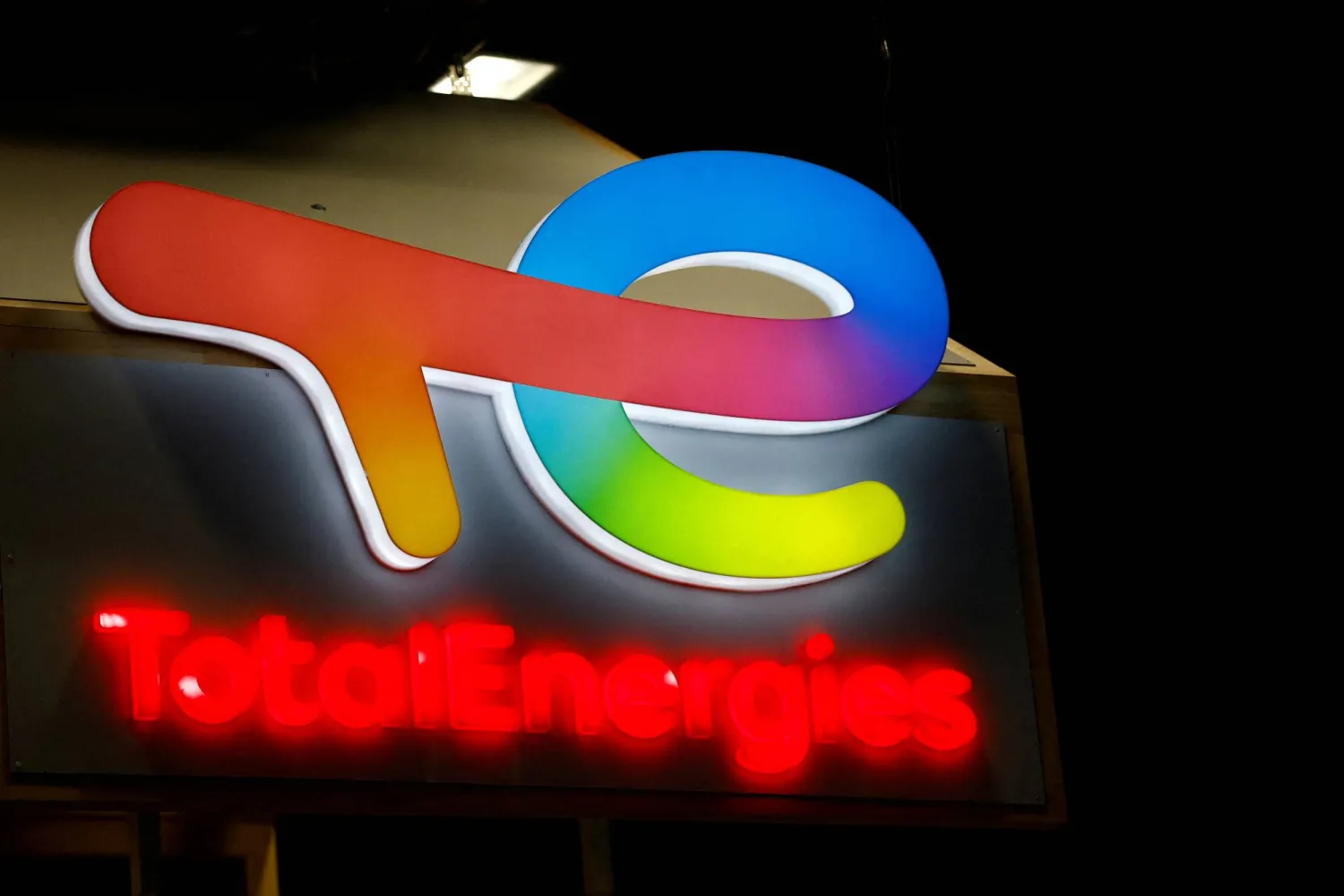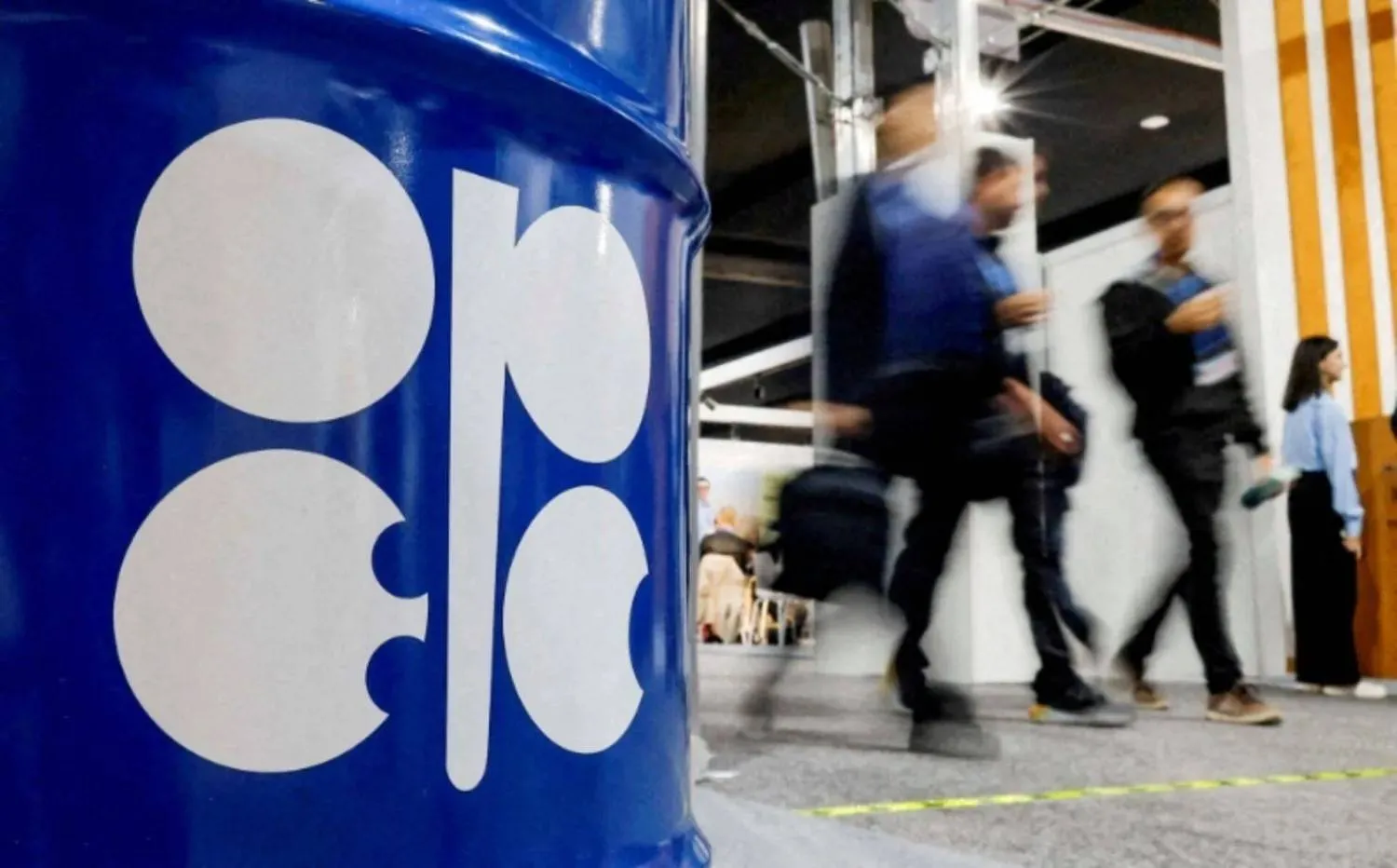Saudi Aramco CEO Amin Nasser said on Tuesday that the spare oil production capacity worldwide could be reduced next year with the return of air travel, ending an important safety cushion in the market at the present time.
In remarks at the Nikkei Global Management Forum, Nasser estimated that global oil demand would surpass pre-pandemic levels of some 100 million barrels per day next year. He explained that jet fuel demand remains about 3 million-4 million b/d below where it was before the pandemic, and a recovery in air travel would quickly consume the world’s spare production capacity.
Spare production capacity is an important safety factor for the oil market, as it allows producers to respond quickly to unscheduled supply shortages in the market, which can cause price fluctuations.
Nasser reiterated that Saudi Arabia, the world’s largest oil exporter, intends to increase its maximum sustainable production capacity by 1 million barrels per day to 13 million barrels per day by 2027.
“Increasing the (production) capacity in our industry takes about 5-7 years, and there is not enough investment in the world to increase it. This is a major concern,” he noted.
Meanwhile, oil prices rose to nearly USD84 a barrel during trading on Tuesday, achieving gains for the third consecutive session, with the lifting of the US travel restrictions and other signs of economic recovery.
Brent crude was up USD1.35, or 1.6%, USD 84.78 per barrel, after gaining 0.8% on Monday. US oil advanced USD2.22, or 2.7%, to USD 84.15 per barrel also after a 0.8% rise the previous day.
JPMorgan Chase said that global oil demand in November almost returned to its pre-pandemic levels at one hundred million barrels per day. Despite a tight global market, US crude inventories are expected to have risen for a third consecutive week, possibly helping to curb the rise in prices.









